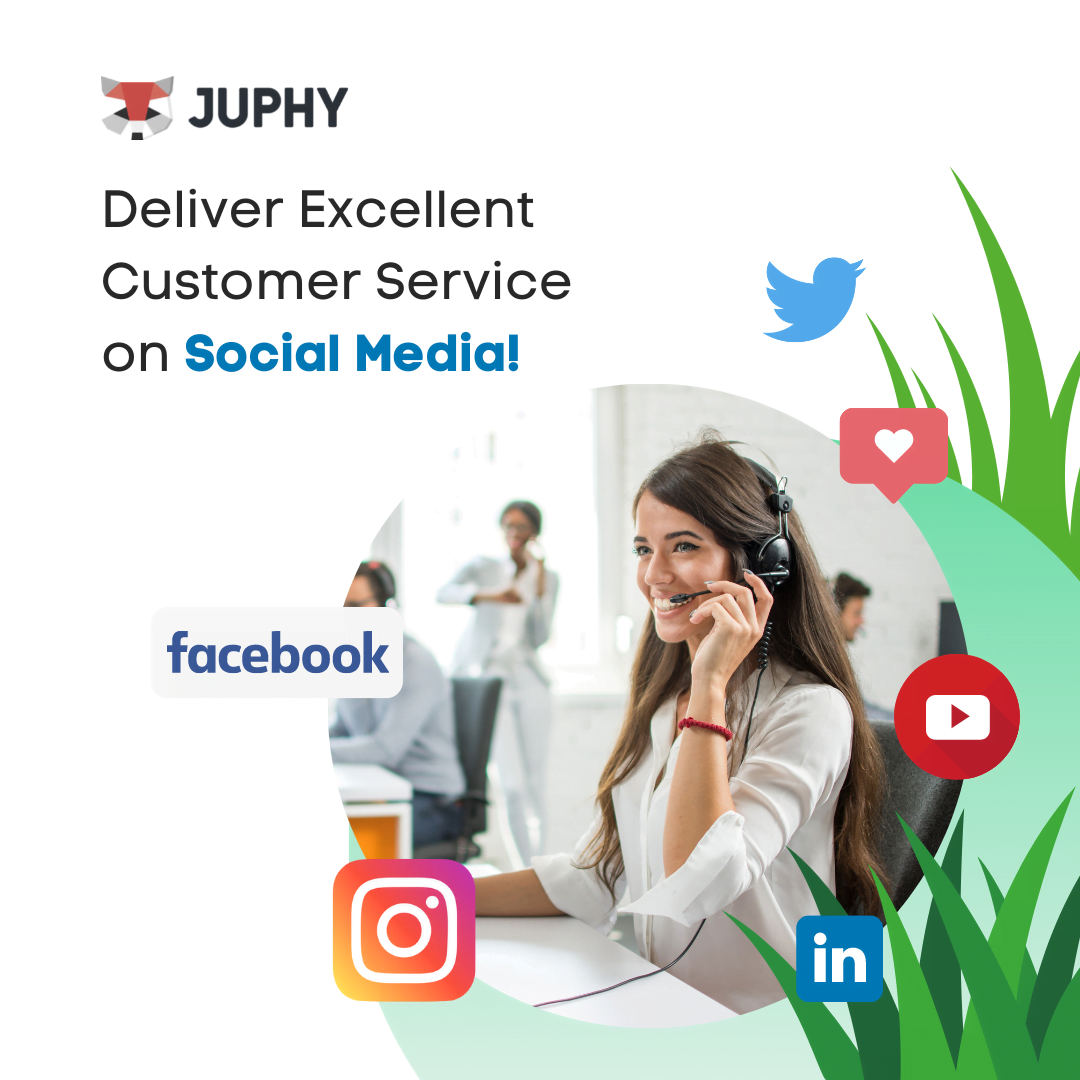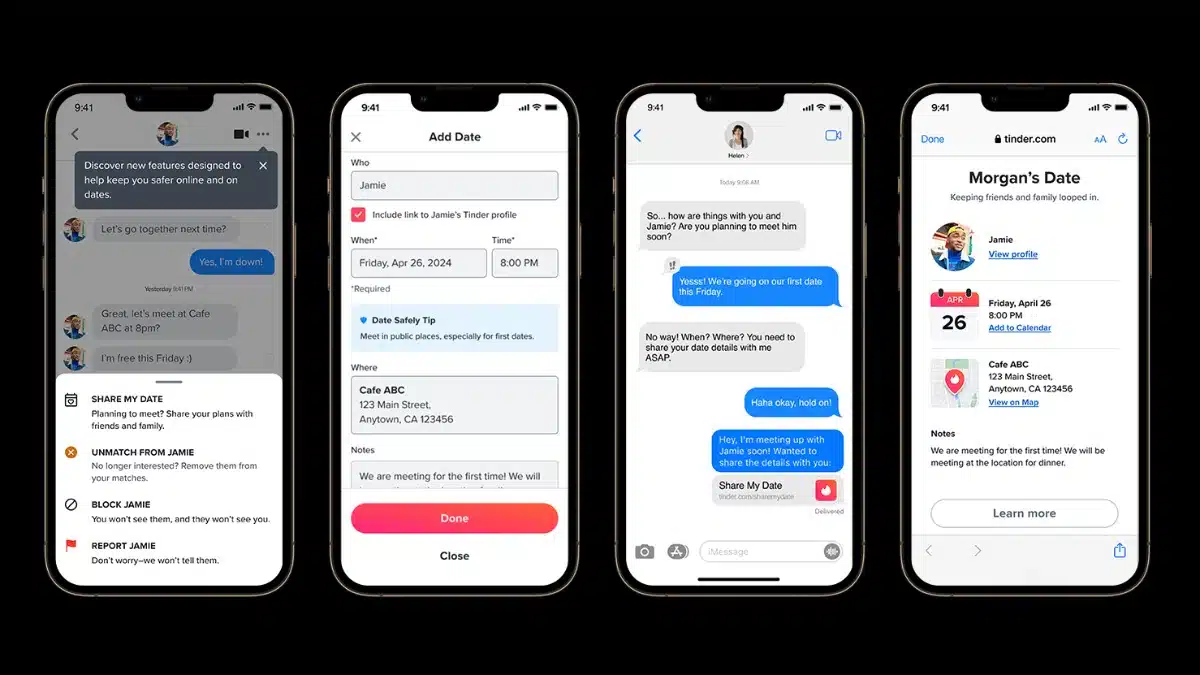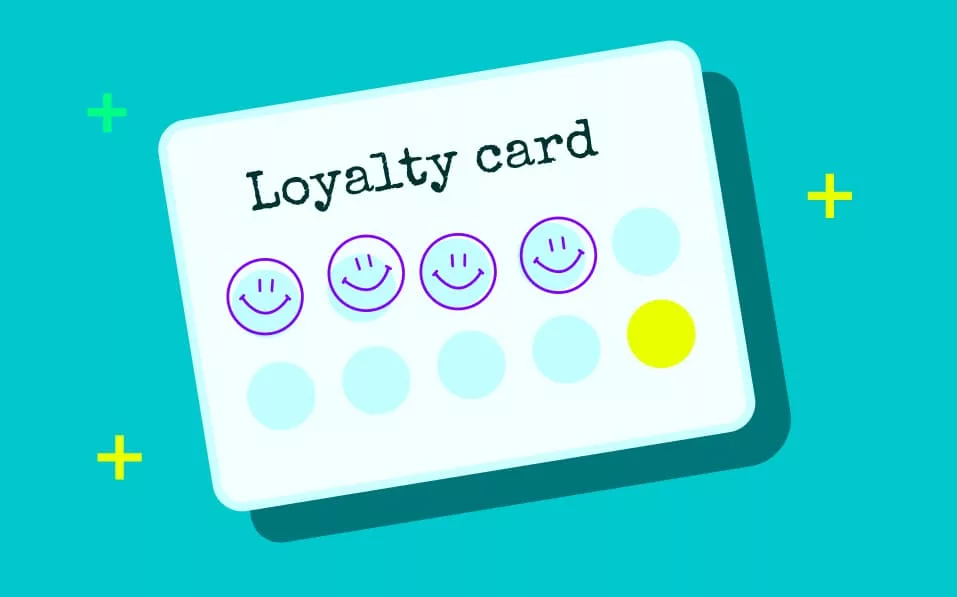“Marketing works.” You’ve probably heard this phrase a lot. But what does it really mean?
It’s not just about catchy ads or big-budget campaigns. It’s about strategy. A well-planned, well-executed marketing strategy can be a game-changer for any business.
 by Stefan Cosma (https://unsplash.com/@stefanbc)
by Stefan Cosma (https://unsplash.com/@stefanbc)
In this article, we’re going to dive deep into the world of marketing strategies. We’ll explore what a marketing strategy is, why it’s crucial for your business, and how to create an effective one.
Whether you’re a seasoned marketer or a small business owner just getting started, there’s something here for you. We’ll share insights, tips, and real-world examples to help you understand how marketing works.
So, are you ready to power up your marketing game? Let’s get started!
What Is a Marketing Strategy?
Let’s start with the basics. A marketing strategy is a plan. But it’s not just any plan.
It’s a roadmap that guides your marketing efforts. It outlines your business goals and how you’re going to achieve them through marketing.
A marketing strategy is all about understanding. Understanding your business, your customers, and your competition. It’s about knowing where you are now, where you want to be, and how you’re going to get there.
Here are some key elements of a marketing strategy:
- Business objectives: What are your goals? Increase sales? Build brand awareness? Your marketing strategy should align with these objectives.
- Target audience: Who are your customers? What do they want? Understanding your audience is crucial for creating effective marketing campaigns.
- Competitive analysis: Who are your competitors? What are they doing well, and where are they falling short? This information can help you differentiate your business and find your niche.
- Marketing channels: Where will you promote your business? Online, offline, or both? Choosing the right channels is key to reaching your audience.
- Budget: How much will you spend on marketing? A good marketing strategy helps you allocate your budget effectively to get the best return on investment.
Remember, a marketing strategy is not a one-size-fits-all solution. It should be tailored to your business and your specific goals. It’s a living document that evolves with your business and the market.
So, now that we know what a marketing strategy is, let’s explore why it’s so important.
Why Marketing Works: The Role of a Solid Marketing Strategy Plan
Marketing is like a puzzle. It’s made up of many pieces. Each piece is important. But it’s how they fit together that creates the big picture.
That’s where a marketing strategy plan comes in. It’s the blueprint that shows how all the pieces fit together. It’s the plan that turns individual marketing tactics into a cohesive strategy.
A solid marketing strategy plan is like a GPS for your business. It helps you navigate the market. It shows you the best route to reach your goals.
It’s about more than just selling products or services. It’s about building relationships with your customers. It’s about understanding their needs and meeting them.
A good marketing strategy plan helps you stand out from the competition. It helps you find your unique selling proposition. It helps you communicate your value to your customers.
It’s also about adaptability. The market is always changing. A good marketing strategy plan helps you stay ahead of the curve.
READ ALSO: How AI Marketing Tools Revolutionize Advertising
In short, a solid marketing strategy plan is the key to effective marketing. It’s the reason why marketing works.
“ by Kelly Sikkema (https://unsplash.com/@kellysikkema)”
by Kelly Sikkema (https://unsplash.com/@kellysikkema)”
So, what does a marketing strategy plan look like? Let’s dive in.
The Building Blocks of a Marketing Strategy Plan
A marketing strategy plan is like a building. It’s made up of many blocks. Each block is crucial. But it’s how they stack up that makes the building stand tall.
The first block is understanding your target audience. You need to know who your customers are. You need to understand their needs, wants, and pain points.
The second block is conducting market research. This helps you understand the market landscape. It helps you identify trends and opportunities.
The third block is competitive analysis. This helps you understand your competition. It helps you identify their strengths and weaknesses.
The fourth block is choosing the right marketing channels. These are the platforms where you’ll reach your audience. They could be social media, email, content marketing, SEO, and more.
The fifth block is crafting your content marketing strategy. This is about creating valuable content for your audience. It’s about engaging them and building relationships.
The sixth block is leveraging SEO for greater visibility. This is about optimizing your content for search engines. It’s about making it easier for your audience to find you.
These are just a few of the building blocks of a marketing strategy plan. There are many more. But these are the core ones.
- Understanding your target audience
- Conducting market research
- Competitive analysis
- Choosing the right marketing channels
- Crafting your content marketing strategy
- Leveraging SEO for greater visibility
Understanding Your Target Audience
Understanding your target audience is crucial. It’s the first step in creating a marketing strategy plan.
You need to know who your customers are. You need to understand their needs, wants, and pain points.
You need to know what motivates them. You need to know what drives their purchasing decisions.
You need to know where they hang out online. You need to know what kind of content they consume.
You need to know their demographics. Their age, gender, location, income level, and more.
You need to know their psychographics. Their interests, attitudes, behaviors, and more.
In short, you need to know your audience inside out. Only then can you create a marketing strategy that truly resonates with them.
Conducting Market Research and Competitive Analysis
Market research is about understanding the market landscape. It’s about identifying trends and opportunities.
It’s about understanding your competition. It’s about identifying their strengths and weaknesses.
It’s about understanding your customers. It’s about identifying their needs and wants.
It’s about understanding your product or service. It’s about identifying its unique selling proposition.
Competitive analysis is about understanding your competition. It’s about identifying their strengths and weaknesses.
It’s about understanding their marketing strategies. It’s about identifying what works and what doesn’t.
It’s about understanding their customer base. It’s about identifying potential opportunities for your business.
In short, market research and competitive analysis are about understanding the market, your competition, and your customers. They’re about identifying opportunities and threats. They’re about making informed decisions.
Choosing the Right Marketing Channels
Choosing the right marketing channels is crucial. These are the platforms where you’ll reach your audience.
They could be social media, email, content marketing, SEO, and more. The key is to choose the ones that your audience uses.
You need to know where your audience hangs out online. You need to know what kind of content they consume.
You need to know their online behaviors. You need to know when they’re most active.
You need to know their preferences. You need to know what kind of content resonates with them.
In short, choosing the right marketing channels is about reaching your audience where they are. It’s about engaging them with content that resonates with them.
Crafting Your Content Marketing Strategy
Crafting your content marketing strategy is about creating valuable content for your audience. It’s about engaging them and building relationships.
It’s about understanding your audience’s needs and wants. It’s about creating content that meets those needs and wants.
It’s about understanding your audience’s content consumption habits. It’s about creating content that fits those habits.
It’s about understanding your audience’s preferences. It’s about creating content that resonates with them.
It’s about understanding your brand’s voice and tone. It’s about creating content that reflects that voice and tone.
In short, crafting your content marketing strategy is about creating content that resonates with your audience. It’s about engaging them and building relationships.
Leveraging SEO for Greater Visibility
Leveraging SEO is about optimizing your content for search engines. It’s about making it easier for your audience to find you.
It’s about understanding the keywords your audience uses. It’s about incorporating those keywords into your content.
It’s about understanding the algorithms of search engines. It’s
Setting and Measuring Marketing Goals
Setting and measuring marketing goals is crucial. It’s what guides your marketing efforts. It’s what helps you track your progress.
Your marketing goals should be specific. They should be measurable. They should be achievable. They should be relevant. They should be time-bound.
Your marketing goals should align with your business objectives. They should support your overall business strategy.
Your marketing goals should be flexible. They should be able to adapt to changes in the market.
Your marketing goals should be communicated to your team. Everyone should be on the same page.
- Specific
- Measurable
- Achievable
- Relevant
- Time-bound
Defining Clear Objectives
Defining clear objectives is crucial. It’s what guides your marketing efforts. It’s what helps you stay focused.
Your objectives should be specific. They should be clear. They should be concise.
Your objectives should be measurable. You should be able to track your progress.
Your objectives should be achievable. They should be realistic. They should be within your reach.
In short, defining clear objectives is about knowing what you want to achieve. It’s about setting a clear path to success.
Allocating Your Marketing Budget Wisely
Allocating your marketing budget wisely is crucial. It’s what ensures you get the most out of your marketing efforts.
Your budget should be allocated based on your objectives. It should be allocated based on your priorities.
Your budget should be allocated based on your resources. It should be allocated based on your capabilities.
Your budget should be allocated based on your market research. It should be allocated based on your competitive analysis.
In short, allocating your marketing budget wisely is about making the most of your resources. It’s about investing in the right initiatives.
Tracking Performance with Marketing Metrics
Tracking performance with marketing metrics is crucial. It’s what helps you measure your success. It’s what helps you make informed decisions.
Your metrics should be relevant. They should be related to your objectives.
Your metrics should be measurable. You should be able to track your progress.
Your metrics should be actionable. They should provide insights that you can act on.
In short, tracking performance with marketing metrics is about measuring your success. It’s about making informed decisions. It’s about continuous improvement.
Real-World Success: Case Studies of Marketing That Works
Let’s look at some real-world examples. Let’s see how marketing works in practice.
Take the case of Airbnb. They leveraged user-generated content to boost their marketing efforts. They encouraged users to share their unique experiences.
“ by George Bohunicky (https://unsplash.com/@stuchy)”
by George Bohunicky (https://unsplash.com/@stuchy)”
This strategy worked wonders. It increased their brand awareness. It enhanced their customer engagement.
Then there’s the case of Dove. They launched the “Real Beauty” campaign. They challenged the traditional beauty standards.
This campaign resonated with their audience. It sparked conversations. It boosted their brand image.
Another example is Old Spice. They reinvented their brand with the “Man Your Man Could Smell Like” campaign. They used humor to engage their audience.
This campaign went viral. It increased their sales. It made Old Spice a household name.
These case studies show the power of effective marketing strategies. They show how marketing works when done right. They provide valuable insights for businesses looking to improve their marketing efforts.
Tips for Small Businesses: Effective Marketing on a Budget
Small businesses often face budget constraints. But that doesn’t mean they can’t have effective marketing strategies.
First, they need to understand their target audience. This is crucial. It helps them tailor their marketing efforts to specific needs.
Next, they should leverage social media. It’s a cost-effective way to reach a large audience. They can use it to engage with their customers.
Content marketing is another great strategy. They can share valuable information with their audience. This can help establish them as thought leaders in their industry.
They should also consider partnerships. Co-marketing initiatives can help them reach a wider audience. It can also help them share marketing costs.
Finally, they should track their performance. They should use marketing metrics to make data-driven decisions. This can help them optimize their marketing efforts and get the most out of their budget.
The Future of Marketing: Trends to Watch
The world of marketing is always evolving. It’s important to stay ahead of the curve.
One trend to watch is the rise of AI. It’s being used to streamline marketing processes. It can also help businesses understand their customers better.
Another trend is the growing importance of ethical marketing. Consumers are becoming more conscious. They want to support businesses that align with their values.
Personalization is also becoming more important. Consumers expect tailored experiences. Businesses that can deliver this will have an edge.
Video marketing is another trend to watch. It’s a powerful way to engage and inform customers.
Finally, businesses should keep an eye on privacy regulations. They need to ensure their marketing practices are compliant.
Staying updated with these trends can help businesses stay competitive. It can also help them prepare for the future of marketing.
Your Next Steps to Marketing Success
So, you’ve learned how marketing works. You’ve seen the power of a solid marketing strategy plan.
Now it’s time to put this knowledge into action. Start by defining your marketing goals. Then, create a plan that aligns with these goals.
Remember to keep your target audience in mind. Tailor your strategies to their needs and preferences.
Don’t forget to measure your success. Use marketing metrics to track your progress.
With these steps, you’re on your way to marketing success. Good luck!
















 by Stefan Cosma (https://unsplash.com/@stefanbc)
by Stefan Cosma (https://unsplash.com/@stefanbc) by Kelly Sikkema (https://unsplash.com/@kellysikkema)”
by Kelly Sikkema (https://unsplash.com/@kellysikkema)” by George Bohunicky (https://unsplash.com/@stuchy)”
by George Bohunicky (https://unsplash.com/@stuchy)”

 by Eyestetix Studio (https://unsplash.com/@eyestetix)
by Eyestetix Studio (https://unsplash.com/@eyestetix) by explorenation # (https://unsplash.com/@explorenation)
by explorenation # (https://unsplash.com/@explorenation) by Christin Hume (https://unsplash.com/@christinhumephoto)
by Christin Hume (https://unsplash.com/@christinhumephoto) by Camille (https://unsplash.com/@ixebeeh)
by Camille (https://unsplash.com/@ixebeeh) by Matt Hoffman (https://unsplash.com/@__matthoffman__)
by Matt Hoffman (https://unsplash.com/@__matthoffman__)

 by Keith Fox (https://unsplash.com/@keithfox)
by Keith Fox (https://unsplash.com/@keithfox)










 Image Credit: @lucarueegg
Image Credit: @lucarueegg by HI! ESTUDIO (https://unsplash.com/@hiestudio)
by HI! ESTUDIO (https://unsplash.com/@hiestudio)